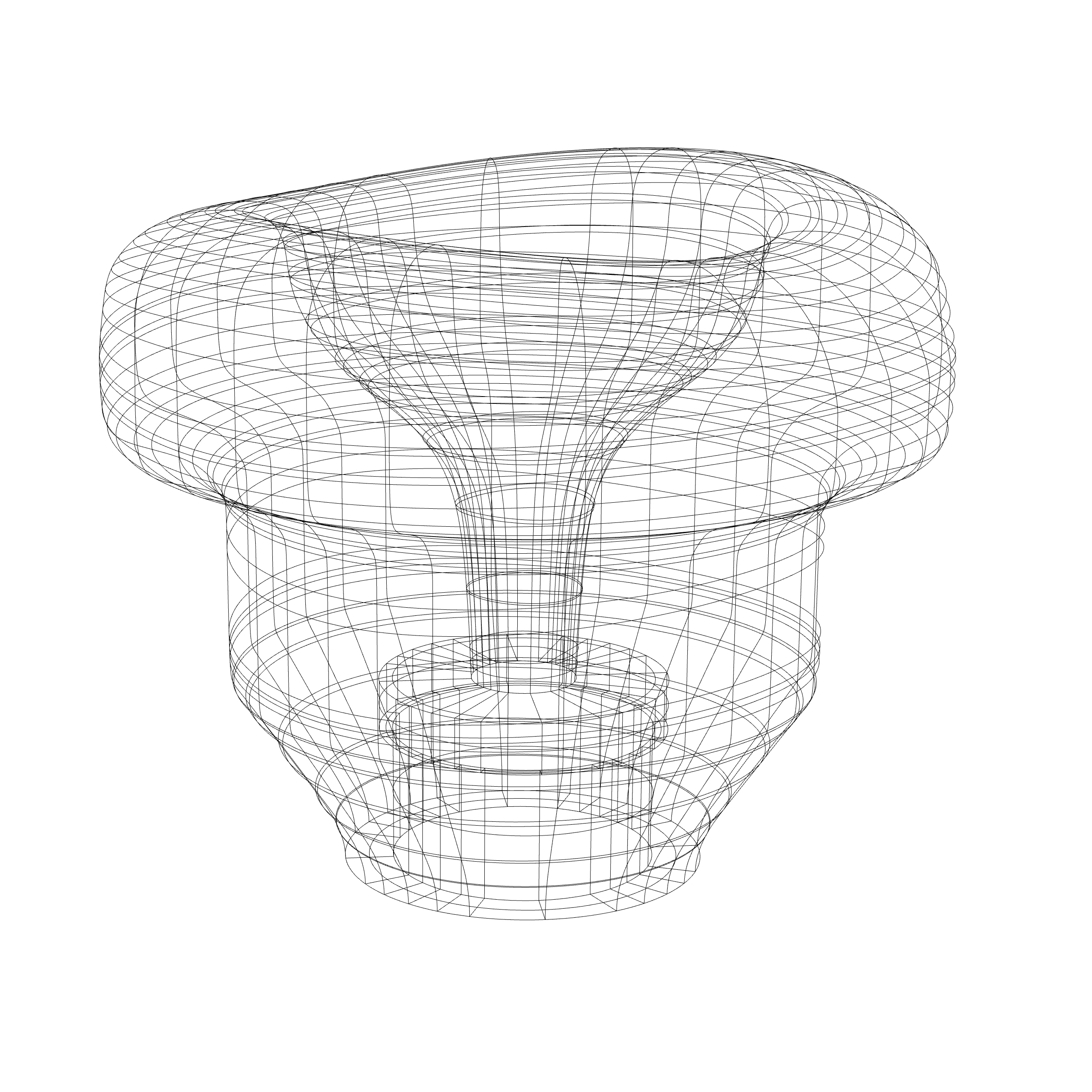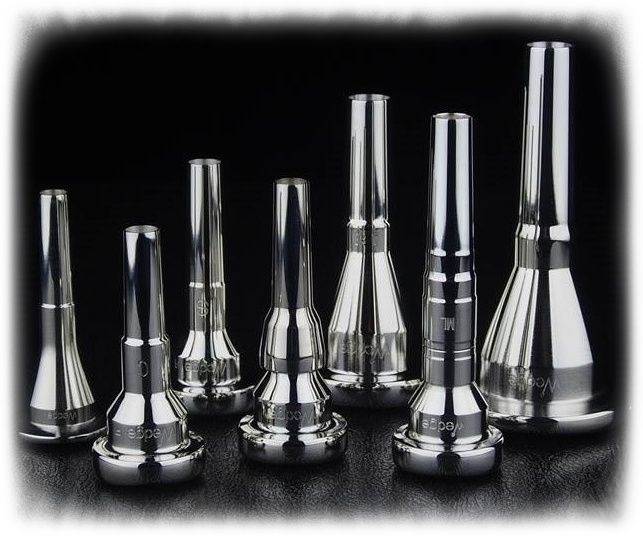Does Your Mouthpiece Matter?
Can a mouthpiece make you a better player?
That's a pretty provocative question, and will probably produce some strong responses. It raises the issue of whether or not better equipment actually can make a difference to your playing. Some say that equipment does not matter, and that the key to being a better player is practice. Believe it or not, I agree. Well, I half-agree.

So this leads us to examine the evolution of the brass mouthpiece. The basic design of most mouthpieces has not changed in decades. Why is this, and why should we accept it? Why would anyone believe that brass mouthpieces were perfected 40 or 50 years ago? I don’t think they were, and I have worked since 2007 developing better and better versions of the Wedge mouthpiece as proof that any idea can be improved upon if one has an open mind, a bit of imagination, and lots of determination.
Basically, there is no such thing as perfection. There is only excellence, and to believe in perfection leads to frustration, followed by resignation, and finally stagnation. Just as the brass mouthpiece was not perfected 40 years ago, the Wedge mouthpiece does not embody mouthpiece perfection. But it does represent real progress. It's an important step towards excellence. For many players the Wedge is a better tool.
Is the Wedge mouthpiece a substitute for practice? Absolutely not. Having better gear does not mean you practice less. In fact, many players tell us that the improved comfort, increased endurance, and better results from time in the woodshed with the Wedge encourages them to practice MORE.

So perhaps a mouthpiece can't make you a better player, but it certainly can make you play better. I'll settle for that.
